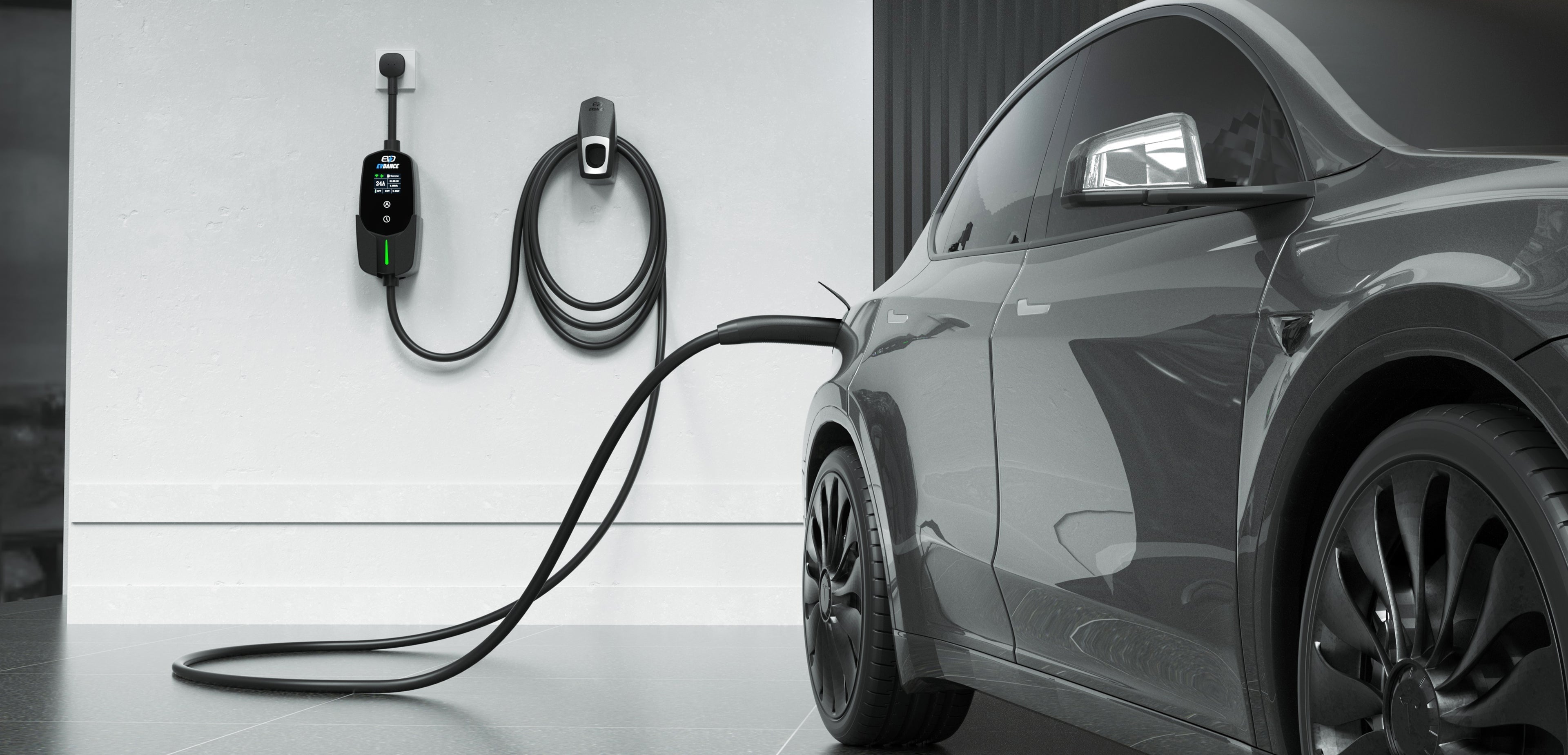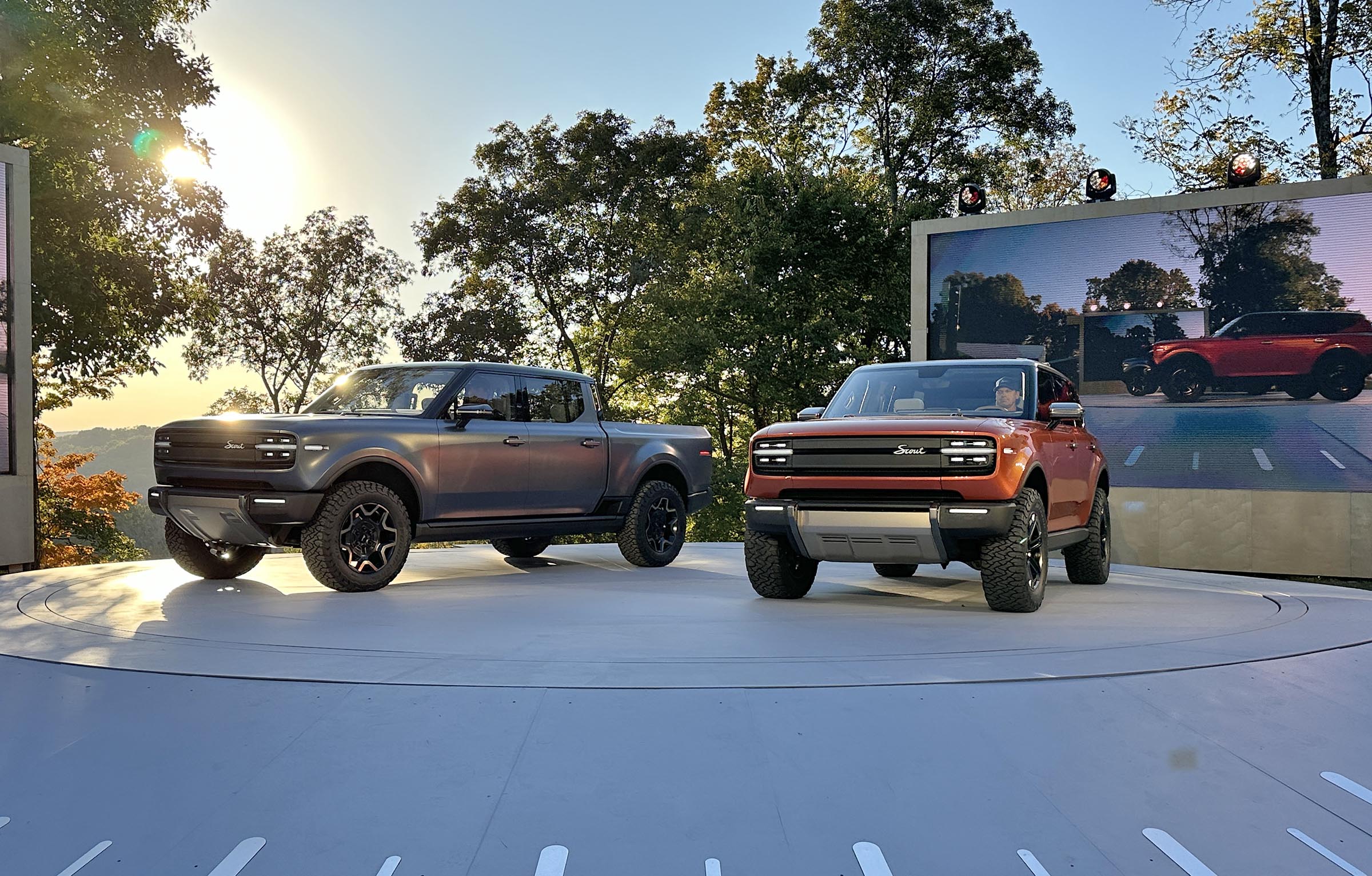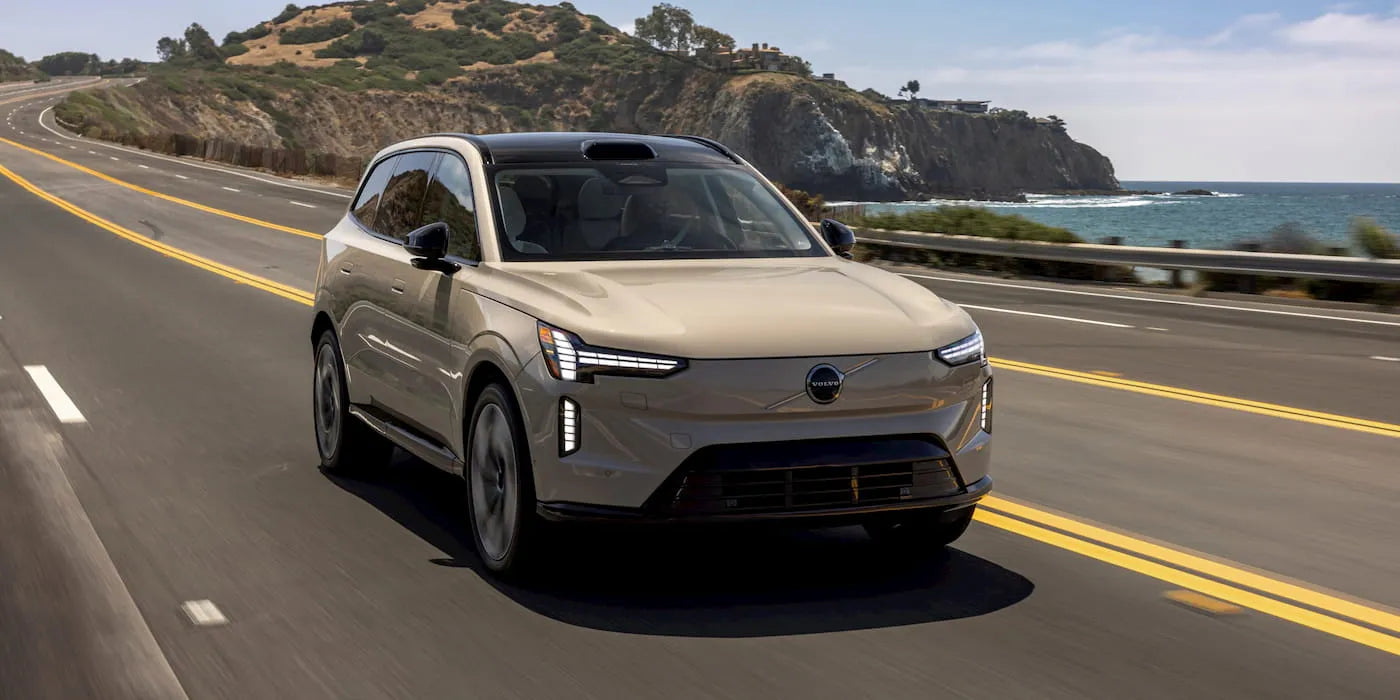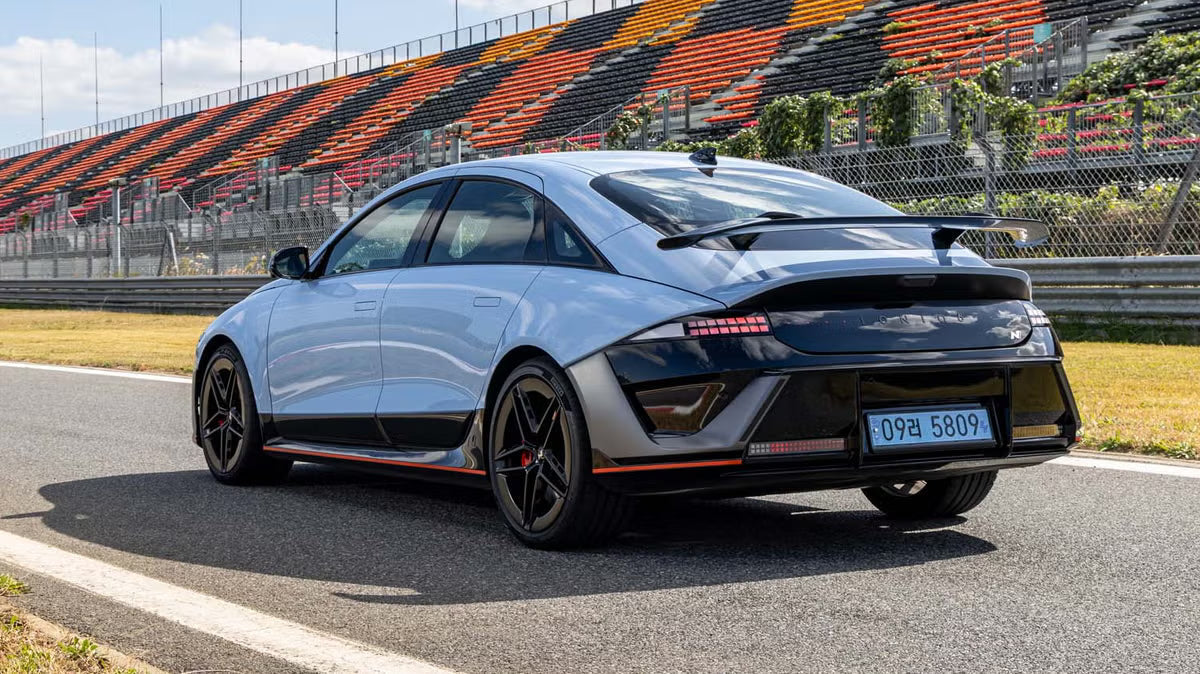As electric vehicle (EV) adoption continues to accelerate, home charging solutions are more important than ever. One of the most well-known EV charging solutions is the Tesla Wall Connector, a high-powered, sleekly designed home charger that’s purpose-built for Tesla vehicles. Whether you’re a new Tesla owner or planning your home charging setup, understanding the Tesla Wall Connector’s features—and comparing it with other reliable options like EVDANCE Tesla Chargers—can help you make an informed decision.
What Is the Tesla Wall Connector?
The Tesla Wall Connector is Tesla’s official Level 2 home charger, designed to provide fast, reliable charging directly from your garage or driveway. It connects to your home’s electrical system and delivers up to 44 miles of range per hour, depending on the amperage and your Tesla model.
Tesla offers the Wall Connector in two main configurations:
-
Gen 3 Tesla Wall Connector (Wi-Fi enabled)
-
Commercial version (suitable for apartments, hotels, and workplaces)
Both versions are compatible with all Tesla models, including Model S, Model 3, Model X, and Model Y.
Key Features of the Tesla Wall Connector
1. Fast Charging Speeds
The Tesla Wall Connector offers up to 11.5 kW of power output, allowing for significantly faster charging than a regular 120V wall outlet. This means a full charge overnight is possible.
2. Customizable Power Settings
The unit supports adjustable amperage settings—from 16 amps to 48 amps—making it adaptable to your home’s electrical infrastructure. Whether you have a 60-amp or 100-amp panel, the Wall Connector can be installed to suit your setup.
3. Built-in Wi-Fi and Smart Features
With built-in Wi-Fi, the Tesla Wall Connector supports over-the-air updates, remote diagnostics, and usage tracking via the Tesla app. This connectivity ensures your charger remains updated with the latest features and safety improvements.
4. Clean, Minimalist Design
Tesla’s aesthetic extends to its charging hardware. The Wall Connector is sleek and compact, with a gloss-white faceplate and integrated cable management system for a clutter-free setup.
5. Multiple Unit Power Sharing
If you have multiple Teslas at home, multiple Wall Connectors can be installed in parallel. The smart load-sharing feature automatically distributes power to each vehicle, ensuring optimal and balanced charging.
Tesla Wall Connector: Pros and Cons
| Pros | Cons |
|---|---|
| Seamless Tesla integration | Limited compatibility with non-Tesla EVs |
| Fast Level 2 charging | Requires professional installation |
| Smart Wi-Fi features | Slightly higher price point |
| Load sharing for multiple EVs | Only available in white |
⚡ Why Consider the EVDANCE Tesla Charger?
While the Tesla Wall Connector is a robust option, many EV owners—especially those looking for greater flexibility or affordability—are turning to alternatives like the EVDANCE Tesla Charger.
Here’s why the EVDANCE Flux Tesla 40A Level 2 Charger stands out:
✅ Tesla Compatibility
EVDANCE’s Tesla Charger comes pre-equipped with the Tesla charging connector, meaning no adapters are needed for direct plug-in. It offers plug-and-play convenience for Tesla owners, including Model 3, Y, S, and X.
✅ Flexible Installation Options
Unlike the Wall Connector which often requires hardwiring, EVDANCE chargers are available in NEMA 14-50 and NEMA 6-50 plug versions, making installation easier and more flexible. This also means the unit can be easily moved or upgraded without needing an electrician to uninstall it.
✅ Smart Charging Features
The EVDANCE smart app lets you schedule charging, monitor energy usage, and control your charger remotely—comparable to Tesla’s app functionality but available across different platforms.
✅ Durable, Weather-Resistant Design
Built with an IP66-rated enclosure, EVDANCE chargers are safe for both indoor and outdoor installations, making them ideal for garages, driveways, and even exposed carports.
✅ Value for Money
EVDANCE chargers are priced more competitively than the official Tesla Wall Connector, without compromising on build quality, performance, or safety certifications.
Tesla vs EVDANCE: A Quick Comparison
| Feature | Tesla Wall Connector | EVDANCE Tesla Charger |
|---|---|---|
| Charging Speed | Up to 11.5 kW | Up to 9.6 kW |
| Installation Type | Hardwired only | Plug-in (NEMA 14-50 or 6-50) |
| Port Compatibility | Tesla only | Tesla only |
| Smart App Support | Tesla App | EVDANCE App |
| Outdoor Use | Yes (weather-resistant) | Yes (IP66-rated) |
| Load Sharing | Yes | No |
| Price | $$$ | $$ |
Which One Should You Choose?
Choose the Tesla Wall Connector if:
-
You prefer full Tesla ecosystem integration
-
You plan to charge multiple Teslas at home
-
You want a high-speed, fixed installation with load sharing
Choose the EVDANCE Tesla Charger if:
-
You’re looking for a cost-effective and flexible alternative
-
You want an easy plug-in installation (no electrician required)
-
You want smart features and outdoor durability at a better value
Final Thoughts
The Tesla Wall Connector is undoubtedly one of the best home charging solutions for Tesla vehicles, offering fast speeds, sleek design, and seamless Tesla integration. But for EV owners who want more flexibility, easier installation, or a lower price point, the EVDANCE Tesla Charger is an outstanding alternative that delivers premium functionality without breaking the bank.
As the EV landscape continues to evolve, having a reliable home charger—Tesla or otherwise—makes a world of difference in convenience, range confidence, and overall ownership satisfaction.
Recommend Reading: How to Install a Home EV Charger: Step-by-Step for First-Time Users








Share:
Understanding J1772 vs NACS: What They Are, How They Compare, and the Future of EV Charging
How to Plan an EV Road Trip Without Range Anxiety